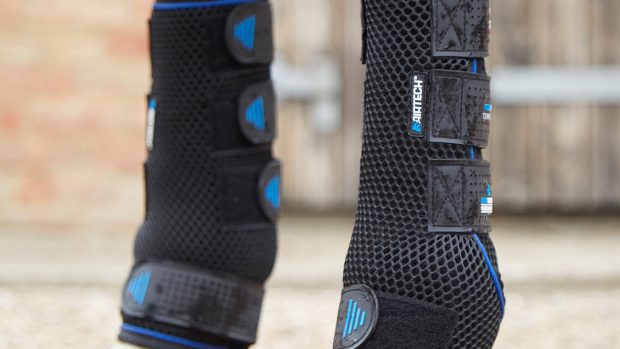A successful treatment for tendon injuries in horses is to be tested on people.
The pioneering stem cell treatment, developed by VetCell Bioscience in Cambridge, has been so successful in horses it will now be trialled on human beings with tendon injuries.
In tests on more than 1,500 horses with tendon problems, half were less likely to re-injure themselves over a three-year period if their tendons were injected with stem cells, as opposed to receiving only conventional treatments — like box rest, icing and anti-inflammatory drugs.
David Mountford, chief operating officer of VetCell Bioscience in Cambridge said: “It’s a very exciting development because if successful, it will greatly simply an athlete or football player’s route back to full fitness.
“In addition, the treatment could alleviate or cure long-term tendon injuries in older human patients, such as prolonged shoulder injuries.”
The stem cells, which are a basic form of cell before it has become flesh, bone or tendon, are derived from the patient themselves and not the more controversial embryo route.
The treatment implants millions of the patient’s own stem cells directly into the injured tendon or ligament to aid the body’s natural healing of the injury.
Mr Mountford said: “These are adult stem cells, so there’s no embryos involved. The horse or human will provide their own stem cells.”
The tests on humans will be focused on a notoriously tricky and often persistent injury for some, the Achilles tendon.
Professor Nicola Maffulli, a sports medicine and orthopaedic consultant said: “The move from clinical veterinary to human medicine is inspiring and unusual. We normally see the translation happening the other way around.
“I am very excited to be involved in the human studies and hope that the results will herald a new era in the treatment of musculoskeletal soft tissue injuries.
“At present the management of human tendinopathy [tendon injury] is more an art than a science but this approach could potentially reverse that situation.”
Human trials will begin in 2011.




